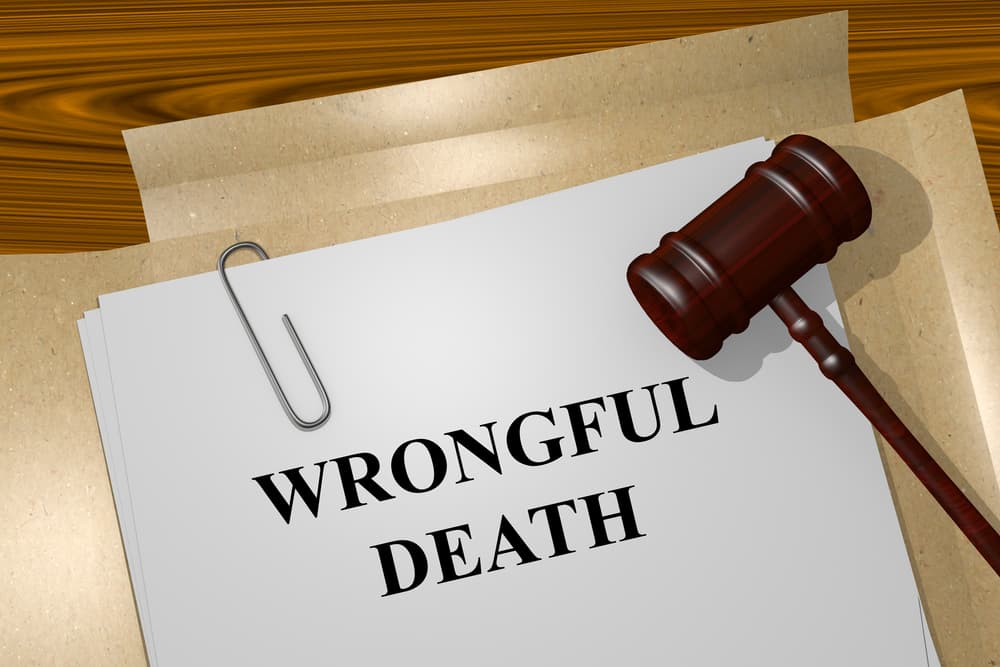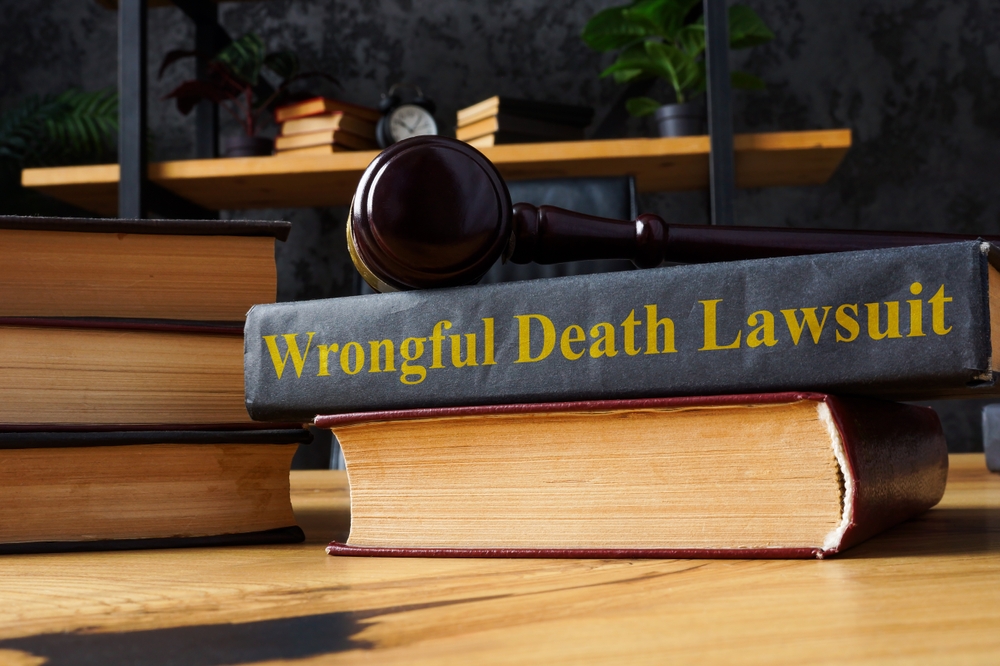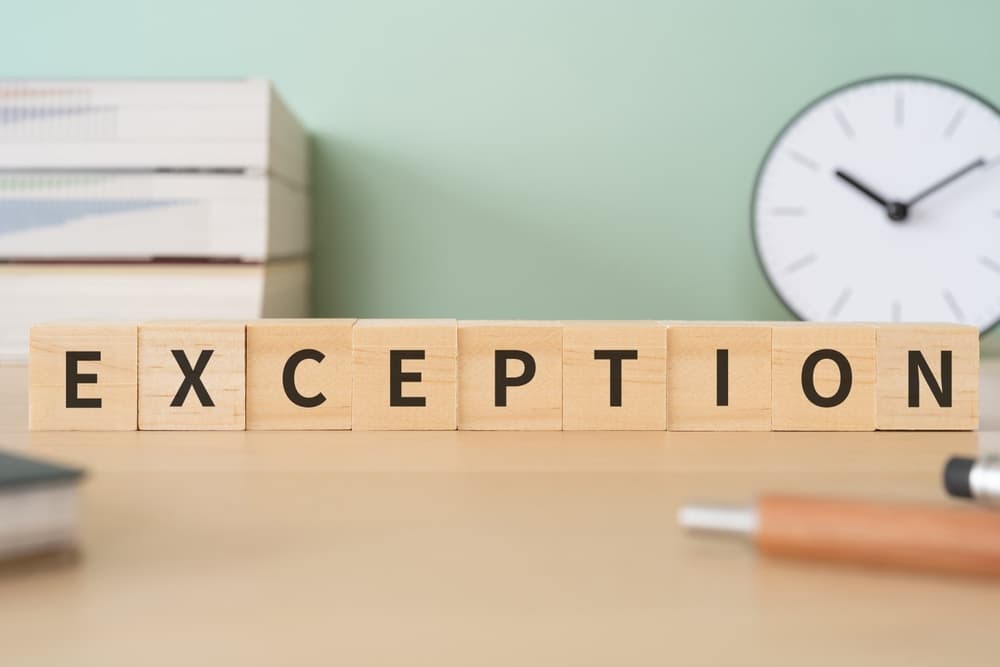When a person dies due to the negligence or misconduct of another, their surviving family members may have legal recourse through a wrongful death lawsuit. This legal action is designed to hold responsible parties accountable and provide compensation for the damages suffered by the deceased’s estate and survivors. However, like all legal claims, wrongful death lawsuits are subject to a statute of limitations.
Understanding the statute of limitations and what it means for your case can be challenging, especially when exceptions and other considerations exist. Fortunately, a skilled wrongful death attorney can aid in navigating your claim and getting you the compensation you need and deserve.
Understanding Wrongful Death
A wrongful death claim arises when a person dies as a result of another party’s wrongful conduct, which can include negligence, recklessness, or intentional harm. This type of claim seeks compensation for the losses the deceased’s family members suffered.
Situations Often Resulting in Wrongful Death
A wrongful death can arise in a wide variety of situations. Some of the most common ways wrongful deaths occur include:

- Car accidents
- Truck collisions
- Motorcycle crashes
- Pedestrian accidents
- Premises liability incidents, including slip and falls and dog bites
- Workplace accidents
- Use of a defective product
Several parties can be at fault for a wrongful death, like medical professionals, drivers, and property owners. It’s important to determine the cause of the death to ensure you hold the correct party responsible for their wrongdoing. In some cases, multiple parties or entities are responsible for a victim’s death.
Filing a Claim After a Loved One’s Death
Following a loved one’s death, you can have a valid claim for wrongful death. The avenue to pursue compensation depends on the circumstances.
In some situations, you can seek financial recovery through insurance. For example, if your loved one dies in a car accident, you can file a claim through the at-fault driver’s insurer for wrongful death damages. However, even if insurance is an option in your case, you may not have the opportunity to receive full compensation for your losses, as policy limits may restrict the amount of monetary recovery you can obtain. If this is the case, you can file a legal claim to pursue further compensation.
In many cases, you can file a wrongful death lawsuit against the party responsible for your loved one’s untimely passing. When you file a lawsuit, you’re attempting to prove the defendant’s actions or omissions directly caused the victim’s death. Should you settle your case or receive an award at trial, you’ll obtain just compensation for the losses and expenses related to your loved one’s death.
Navigating wrongful death claims can be challenging, especially as you’re simultaneously dealing with the mental and emotional challenges of losing a beloved family member. A qualified wrongful death attorney can represent your best interests and work diligently to get you the best possible case result on your behalf.
Who’s Allowed to File a Wrongful Death Lawsuit?

When you’re considering filing a wrongful death lawsuit, it’s necessary to determine who your state allows to file the claim. Not just anyone is allowed to seek compensation for a loss.
In some states, like Florida, only the victim’s personal representative can file a claim on behalf of the surviving family members. A personal representative, also referred to as an executor, is the party responsible for handling a person’s estate after their passing, including notifying beneficiaries and distributing property and assets. Personal representatives can also handle lawsuits if need be.
Other states, like California, allow certain family members to file a wrongful death lawsuit, including spouses, children, and parents. However, personal representatives may also file the claim on the family’s behalf.
A wrongful death attorney can inform you of your state’s laws and help you decide who should file your lawsuit if necessary.
Civil vs. Criminal Cases Following a Wrongful Death
The concept of a wrongful death lawsuit can bring about some confusion, especially if the at-fault party is criminally liable for the victim’s death. It’s important to note, though, that a defendant can be both criminally and civilly liable for a death, depending on the circumstances.
Typically, when a party’s illegal acts cause a person’s death, they can be charged criminally. For example, if the defendant intentionally killed the victim, they can be charged with murder. In a criminal case, the prosecution is attempting to prove the defendant’s guilt, which features a higher burden of proof than civil cases. If found guilty, defendants face serious repercussions, including prison time and fines.
Additionally, you can file a lawsuit against the defendant to pursue monetary recovery. In a civil case, you (or another chosen party) are the plaintiff. You must prove the defendant is liable for the victim’s death, which is a lower burden of proof than criminal cases. If a defendant is liable, they must pay you for your losses.
Not all defendants face both civil and criminal cases, though. Your wrongful death attorney can provide more clarity on the matter based on the specifics of your loved one’s death.
Compensation Available for Wrongful Death Claims

Losing a loved one can cause much financial strain, especially when the death is unexpected. Wrongful death claims help provide compensation for the losses and expenses incurred as a result of your loved one’s passing.
Damages for wrongful death cases can be economic and non-economic. Some of the damages you may be entitled to receive include, but are not limited to:
- Funeral and burial expenses
- Medical expenses incurred in treating your loved one prior to the death
- Lost income and benefits your loved one would have earned had they survived
- Loss of companionship, support, and guidance
- Pain and suffering
While it can be challenging to think about assigning a dollar amount to your loved one’s life, it’s necessary to ensure you get the compensation you deserve following their passing. The value of your wrongful death claim depends on several critical factors, such as:
- The victim’s age, health, and occupation at the time of their death
- The value of the financial assistance offered by the victim
- The needs of the victim’s financial dependents
- The total medical expenses for the victim’s care before their death
Calculating the value of a wrongful death claim can be difficult, but it is vital to get the financial recovery you need. A wrongful death attorney can determine how much your case is worth to pursue the fairest possible outcome.
Proving Wrongful Death
Another key factor in wrongful death cases is evidence. Evidence is vital to prove several details, including the cause of the death, liability, and damages.
Evidence often used to prove wrongful death and resulting losses include:
- Medical records
- Incident reports
- Police accident reports
- Bills and receipts
- Witness statements
- Photos and videos
- Cell phone records
- Expert testimony
Part of a wrongful death lawyer’s job is pinpointing the evidence necessary to prove your case and actively pursuing such evidence. Your attorney can obtain pertinent evidence and use it to build and strengthen your case.
What is a Statute of Limitations?
Simply put, a statute of limitations is a legal deadline by which a lawsuit must be filed.
The statute of limitations is designed to ensure timely justice and to protect defendants from indefinite potential liability. Additionally, the statute of limitations helps ensure cases are brought while they are ripe, evidence is still available, and memories of the incident are still fresh.
Statute of Limitations for Wrongful Death Claims
The statute of limitations for wrongful death claims varies depending on the jurisdiction. Generally, parties only have one to three years to file their lawsuit. Most states, like California, provide two years to file a wrongful death lawsuit, while less than a handful of states allow only one year, including Kentucky.
It’s important to determine how long your state allows for wrongful death lawsuit filing. Waiting too long to file your claim can have negative repercussions.
Exceptions to the Statute of Limitations

Several exceptions can influence the amount of time you have to file your wrongful death lawsuit. Some of the common exceptions to statutes of limitations include:
- Discovery rule: In some jurisdictions, the statute of limitations may be extended if the wrongful act is not immediately discovered.
- Governmental claims: Claims against governmental entities or officials may be subject to different rules and shorter time limits. For instance, a two-year statute may be cut down to just six short months when the government is involved.
- Minors: When the only party available to sue for a parent’s death is a minor, the statute of limitations is “tolled” or paused. In these situations, the statute will begin running on the minor’s 18th birthday.
You should know if there is an exception to your state’s statute of limitations in your case. A wrongful death attorney can provide insight into the statute of limitations and whether any exceptions exist to shorten or lengthen your allotted time.
What Happens if You Don’t File Your Statute of Limitations Claim Within the Allotted Time?
Statutes of limitations exist for a reason. Failing to file a lawsuit within the time specified can impact your ability to file a claim and pursue just compensation.
You may have the opportunity to file your lawsuit, even if the statute has expired. However, this does not mean your claim will be allowed to proceed. If the court itself does not notice the expired statute, the opposing party surely will. Once the defense realizes the statute of limitations has run on your case, they can request the court dismiss the case, and, in most cases, it does.
It’s best to file your claim within the specified timeframe to avoid any potential issues with your case. As soon as possible after your loved one’s death, consult with a wrongful death attorney to get started on your case.
The Importance of Working with a Wrongful Death Attorney

There are countless reasons to hire a wrongful death lawyer to handle your case. An attorney can take on every case-related task, from investigating your loved one’s cause of death and proving liability to calculating damages and negotiating for a fair settlement. Additionally, wrongful death lawyers have a thorough understanding of state laws and procedures, allowing them to handle your claim timely and appropriately.
When you hire a lawyer promptly after your unfortunate loss, you don’t have to worry about missing your statute of limitations. Your attorney will take special note of your case’s deadline and work diligently to get your lawsuit filed on time.
It’s worth noting that there are often many steps to complete before filing a lawsuit. Therefore, the sooner you hire a lawyer, the faster they can begin working on your case, and the less you’ll have to worry about missing the statute of limitations.
Following the Death of a Loved One, Do Not Wait to Take Action
After losing a loved one, you deserve time to grieve. You’ll need to face the difficult emotions and thoughts that come with a loss and learn to live without that special person. While you should take time to mourn the death of your loved one, the thought of taking prompt legal action should not be far from your mind.
The wrongful death statute of limitations plays a vital role in determining the viability of a legal claim following a loved one’s death. With time limits varying by jurisdiction and exceptions that may apply, understanding these deadlines is essential when considering a wrongful death claim. Timely action and experienced legal representation are key components in the legal process and securing justice for your loss.
Contact A Wrongful Death Attorney Today
Following your loved one’s death, do not hesitate to consult with a wrongful death attorney as soon as possible. Don't face this challenging situation alone. Call a wrongful death attorney today and give yourself the best chance at obtaining the justice and compensation your loved one deserves.